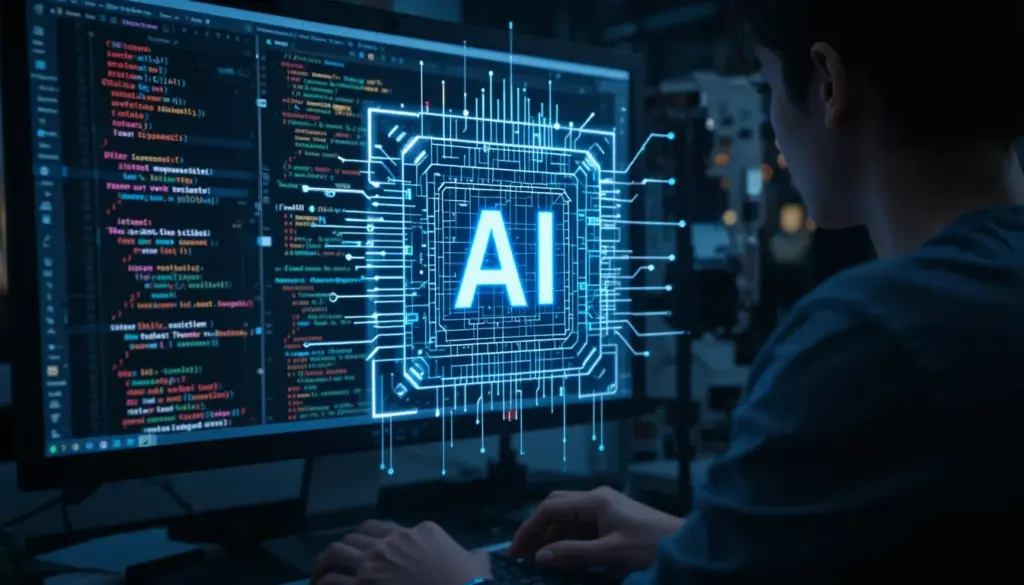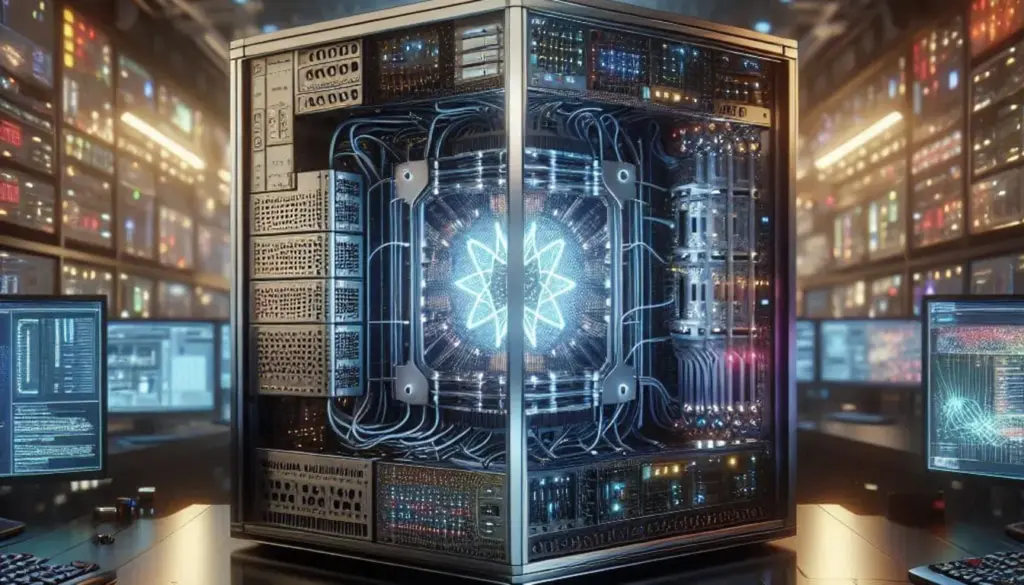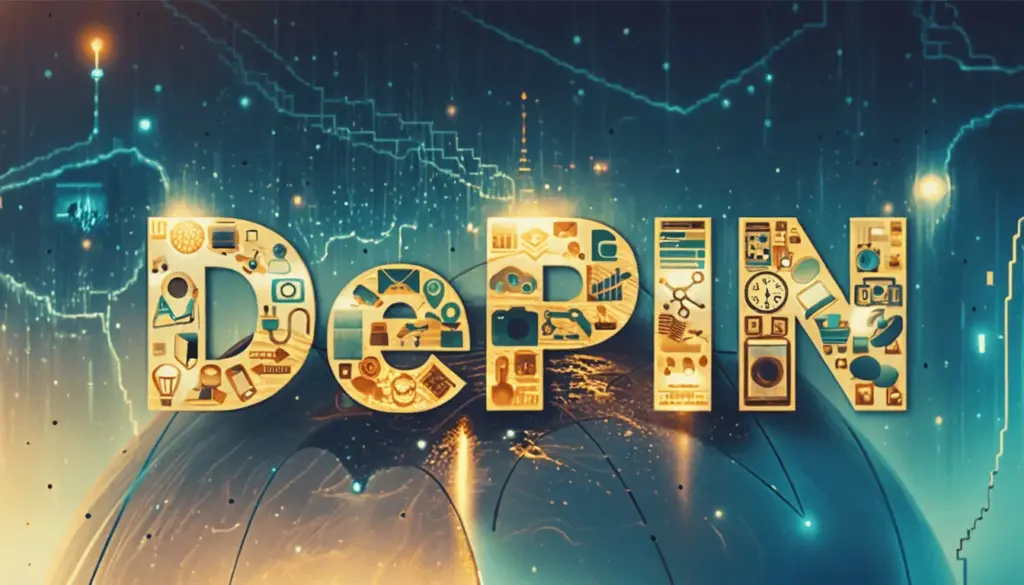The rapid advancement of AI coding assistants, spearheaded by tools like ChatGPT, has sent ripples throughout the developer community. The ability of AI to auto-complete code, fix errors, and even suggest new features – capabilities unimaginable just a few years ago – has led to concerns about the future role of developers. Will AI completely replace developers, or will we adapt and work in fundamentally new ways? This article explores the realistic concerns of developers in the age of ChatGPT and analyzes the impact of AI coding assistants on the future of programming.

The Current State of AI Coding Assistants
AI technology has made remarkable strides in recent years, particularly in Natural Language Processing (NLP). This innovation has paved the way for powerful AI coding assistants like ChatGPT. These tools go beyond simple code auto-completion; they understand and analyze code written by developers, identify potential errors, and suggest more efficient alternatives. Remarkably, even individuals without extensive coding knowledge can now use AI tools like ChatGPT to create basic website structures or smartphone app frameworks – a feat once considered beyond reach.
- Code Auto-Completion and Suggestions: Tools like GitHub Copilot significantly boost productivity by suggesting contextually relevant code as developers type. In fact, GitHub’s research indicates that Copilot users experience an average 55% faster coding speed and a 65% code acceptance rate.
- Error Detection and Correction: By learning from vast amounts of code data, AI accurately identifies common coding error patterns and provides suggestions for fixing bugs that developers might have overlooked. This helps reduce debugging time and enhances code stability.
- Code Explanation and Automated Documentation: AI offers valuable assistance to developers struggling to understand complex legacy code or code written by other team members by explaining code functionality in natural language or automatically generating technical documentation.
- New Feature Suggestions and Design Support: Some advanced AI models can analyze project requirements and suggest new feature ideas or provide advice on system architecture design. This empowers developers to focus on more creative and innovative tasks.
Will AI Lead to Job Losses for Developers?
Despite the impressive capabilities of AI coding assistants, experts believe that AI is unlikely to completely replace developers in the near future. Here’s why:
- The Importance of Creativity and Problem-Solving: Software development involves more than just writing code; it demands the ability to analyze complex problems and devise creative solutions. Current AI lacks this high-level cognitive ability.
- Continuous Emergence of New Technologies and Requirements: The IT landscape is constantly evolving, with new programming languages, frameworks, and platforms emerging regularly. Adapting quickly to these changes and acquiring new skills is a crucial competency for human developers.
- The Need for Communication and Collaboration: Real-world development projects require close communication and collaboration among team members. While AI can provide technical support, it cannot replace human interaction and empathy.
- Ethical and Legal Responsibility: Who is accountable when errors or security vulnerabilities arise in code generated by AI? Currently, AI cannot make ethical judgments or bear legal responsibility. Therefore, the ultimate responsibility lies with human developers.
Interestingly, the U.S. Bureau of Labor Statistics projects a 26% growth in software developer jobs from 2022 to 2032. This growth rate is significantly higher than the average for all occupations, indicating a continued strong demand for developers in the age of AI.
How Should Developers Adapt in the ChatGPT Era?
Coexisting with AI is becoming an unavoidable reality. Rather than viewing AI as a mere threat, developers should actively leverage it to enhance their skills and create new value.
- Mastering AI Coding Tools: Developers should learn how to proficiently use various AI coding tools like ChatGPT and GitHub Copilot to maximize their productivity.
- Strengthening Advanced Problem-Solving Skills: As AI handles repetitive coding tasks, developers need to focus on more complex and abstract problem-solving. This includes honing skills in system design, architecture building, and performance optimization.
- Embracing Continuous Learning: Staying current with the ever-evolving IT environment by learning new programming languages, frameworks, and technology trends is crucial. Gaining expertise in promising fields like AI, machine learning, and cloud computing is particularly important.
- Improving Communication and Collaboration Skills: Effective communication and collaboration with fellow developers, project managers, designers, and other stakeholders are essential in addition to collaborating with AI.
- Cultivating Creative Thinking and Innovation: Developers should move beyond basic solutions provided by AI and develop the ability to generate original ideas and create innovative services.
Ultimately, developers in the age of ChatGPT will leverage AI as a powerful ally, focusing on more valuable tasks and exploring new possibilities.
Conclusion: The Evolving Role of the Developer
The advancement of AI coding assistants undeniably presents changes and challenges for developers. While the automation of simple coding tasks is inevitable, it offers an opportunity for developers to concentrate on more creative and critical work. The key is not to fear or reject AI, but to actively embrace it and innovate one’s skills. Developers who continuously learn and grow, adapting flexibly to change, will be the ones who enhance their value and lead the future in the ChatGPT era. Moving forward, the developer will evolve from a mere ‘coder’ to a ‘creator’ and ‘problem-solver’ who collaborates with AI to build better software and deliver innovative solutions.
🔎 Read other posts in the IT & Technology category
👉 Fllow us on X(Twitter)


